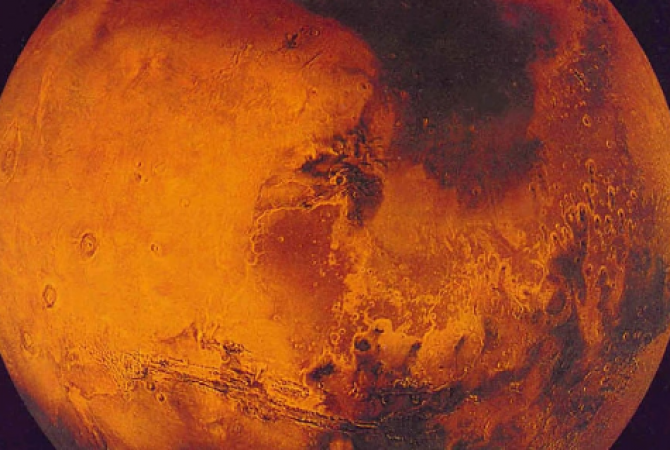
USA: In an effort to understand the origins of life and determine whether, and perhaps, where aliens exist, some of the world's most eminent scientists are planning to collaborate.
The "Origins Federation", founded by astronomers from Harvard, Cambridge, ETH Zurich and the University of Chicago, aims to identify the conditions that must be met for life to flourish and identify any potential host planets.
Professor Emily Mitchell, a zoologist at the University of Cambridge and member of the Leverhulme Center for Life in the Universe, specializes in examining fossils that are more than a billion years old to understand how deep-sea creatures first emerged . life on Earth.
Also Read: Android users will soon be able to mute unknown callers thanks to WhatsApp
His research examines the emergence of the first microbes on Earth in a methane-filled hellscape and what it may reveal about the heavens' search for evidence of extraterrestrial life.
In what has been called "an extraordinary moment in history", the Origins Federation is being established as more than 5,000 exoplanets have been found orbiting stars outside our solar system.
One has been discovered in a galaxy outside the Milky Way that is believed to contain several trillion exoplanets.
Currently, NASA's James Webb Space Telescope (JWST) and the non-profit SETI program, which is located in Silicon Valley and close to NASA, are leading the search for extraterrestrial life.
These missions not only provide the best opportunity for humanity to find a definitive answer to the question of whether we are alone in the universe or not.
Also Read: Best and most Innovative new Gadgets and Devices in 2023
At the core of the ongoing investigation and a cornerstone of the Origins Federation's work are biosignatures, which are telltale signs of life from chemical spectral data alone.
The James Webb is now nearing its maximum potential, but it still has a long way to go as engineers continue to modify its hardware for a variety of uses, including the search for extraterrestrial life.
The time taken by a planet to orbit its distant star and the reaction of the gases in its atmosphere will be studied by experts. These things, perhaps more than any other things, suggest that there could be life, so they would be keen to find evidence of oxygen, water and methane.
Prior to his presentation at the AAAS Annual Conference this weekend in Washington, DC, Prof. Mitchell said that there is only one biosignature on Earth.
"But if we have thousands of biosignatures in 10 or 20 years, as my optimistic colleagues suggest, we can start to debate whether life on Earth was a fluke.
If we have enough biosignatures, "it has amazing potential that we can do number-crunching and try to figure out how we compare to life on other planets."
Also Read: You can archive your contacts and images using the Google Takeout tool, among other things
According to the Mars mission, "Bio signatures may show whether the origin of life and its evolution on Earth is just a happy accident or part of the fundamental nature of the universe, with all its biological and ecological complexity."
The Origin Federation includes Professor Didier Queloz, who received the Nobel Prize in the 1990s for discovering the first exoplanet. He warned during a conference speech that it would be foolish to predict when alien life would be discovered.
"Professor Queloz's pioneering work has allowed astronomers and physicists to make advances that were unimaginable only a few years ago.
Professor Andy Parker, director of Cambridge's Cavendish Laboratory, which houses the Leverhulme Center for Life in the Universe, said in both the search for planets that could host life and the development of techniques to study them.
But now, we must make full use of our scientific knowledge to understand what life really is and whether it exists on these recently discovered planets.
"The Cavendish Laboratory is honored to serve as the home of the Leverhulme Center for Life in the Universe and to lead this effort in collaboration with the Origins Federation."